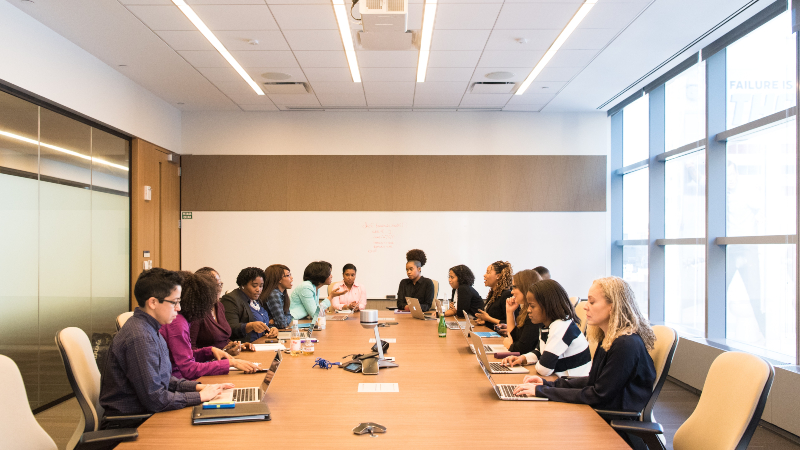Group coaching is emerging as a powerful and distinctive modality at the intersection of coaching, adult learning, and group dynamics. In this seminar, Dr Erek Ostrowski will show how group coaching differs from team coaching and other collective learning interventions, and why it’s increasingly relevant in today’s complex organizations. Drawing on theory and empirical insights, he introduces five group-level forces—Exchange, Vicarious Learning, Connection & Belonging, Role Flexibility, and Peer Accountability—that enhance learning and transformation in groups. He also presents the Six Capabilities of Group Coaches, a capabilities-based framework for leading group coaching with rigor and agility. Participants will consider how group coaching meets fundamental human needs—meaningful connection, shared purpose, reflective space—and discuss implications for research, education, and organizational practice.
Erek J. Ostrowski, PhD, PCC, is a leadership and organizational coach, educator, and researcher whose work connects theory and practice in coaching. He serves as Faculty Chair of the Leadership and Organizational Coaching concentration at the University of Pennsylvania, where he develops and teaches graduate courses in coaching psychology, adult learning, and reflective practice. His teaching combines humanistic psychology, systems thinking, and experiential learning to prepare coaches to work systemically and lead learning and change within complex organizational settings.
Erek is the founder of Verve Coaching, which creates and delivers evidence-based, purpose-driven coaching programs across various sectors including healthcare, financial services, education, and non-profit leadership. A certified coach supervisor through Oxford Brookes University, he also mentors coaches and educators dedicated to research-informed practice. His upcoming book, The Capable Group Coach: Bridging Knowledge and Practice for Transformative Learning and Change in Groups (Ostrowski, 2025), combines two decades of scholarship and practice into a capabilities-based framework for developing group coaches.

